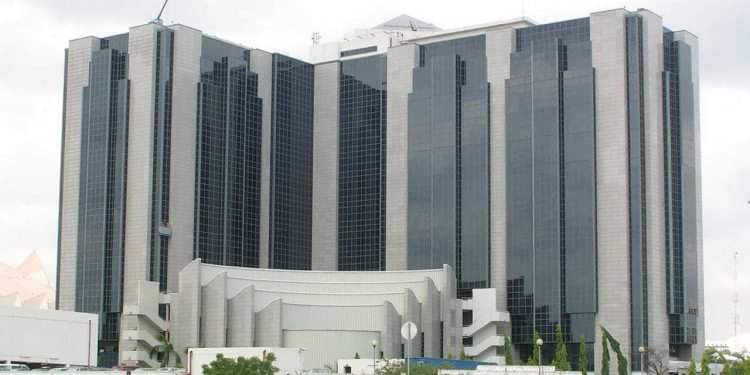
The Central Bank of Nigeria (CBN) has approached the Senate to grant it powers to freeze accounts linked to criminals.
The CBN made the appeal on Wednesday at a Senate Committee public hearing on its Bill for an Act to repeal the Banks and Other Financial Institutions Act (BOFIA) 2004 and re-enact the Banks and Other Financial Institutions Act 2020.
The CBN, represented at the hearing by the Director Legal Services, Mr. Kofo Salam-Alada, proposed to the Senate to reinstate the powers of the CBN Governor “to apply to the court for orders to freeze accounts which are deemed to be linked with criminal and other civil infractions.”
He lamented that this power was omitted in the Bill.
The apex bank also wants legislation for the Creation of Credit Tribunal to address the issue of non-performing loans.
According to Kofo Salam-Alada “as part of measures to address the role of non-performing loans, we propose the creation of a Credit Tribunal.
“The overarching objective is to create an efficient regime for the recovery of eligible loans of banks and Other Financial Institutions (OFls) and enforcement of rights over collateral securities.”
Salam-Alada noted the powers of the CBN to intervene in the process of managing a failing bank and reinstatement of a bank in a grave situation and bring it back to sound financial health was omitted in the Bill.
This omission, he told the Senate, “erodes the powers of the CBN and creates a huge gap in the regulatory and resolution framework. Therefore, we propose that the extant provisions should be reinstated.”
With regards to the administration of Dormant Accounts in Deposit Money Banks, the CBN is asking for the “inclusion of provisions to improve the administration of dormant accounts in the Nigerian banking sector.”
The provisions, Salam-Alada, said: “should address such requirements as the criteria for determining dormancy, the processes for managing the funds in dormant accounts and procedure for reclaiming funds by beneficiaries.”
The CBN equally wants more powers to resolve failing banks and manage systemic crisis without recourse to the public treasury. According to Salam-Alada, “in line with international best practices we recommend the establishment of a resolution fund to pool resources for managing banking sector distress.”
Central Bank of Nigeria is also asking for the adoption of additional resolution tools such as bail-in (ensuring that losses are absorbed by shareholders and creditors), sale of business (allowing the resolution authority to sell all or part of the failing bank to a private acquirer) and asset separation (isolating the “bad” assets of the bank in an asset management vehicle for orderly wind down, if immediate liquidation is not justified in current market conditions).
Addressing the Senate Committee as well, the Managing Director of the Nigeria Deposit Insurance Corporation (NDIC) Alhaji Ibrahim Umar said the Bill for a repeal of BOFI Act and its re-enactment by the committee on banking, insurance and other financial institutions was an appropriate step to take in the face of current challenge facing the economy.
Going forward, the NDIC and Central Bank, he said, are partners working for an efficient and healthy banking system. “We agree to disagree with CBN on certain issues. The two institutions have come a long way on shared responsibilities” he said.
NDIC’s Director, legal department Mr. Bellema Taribo sought the Senate’s support to recognize NDIC along with CBN as co- regulators since NDIC is already a co-supervisor of banks with the CBN.
He pleaded to the Senate for legislation to tackle insider abuse dealings in banks.
He dismissed the clamour for the appointment of another liquidator for banks insisting that the NDIC is the sole liquidator of banks.
By Nduka Chiejina










